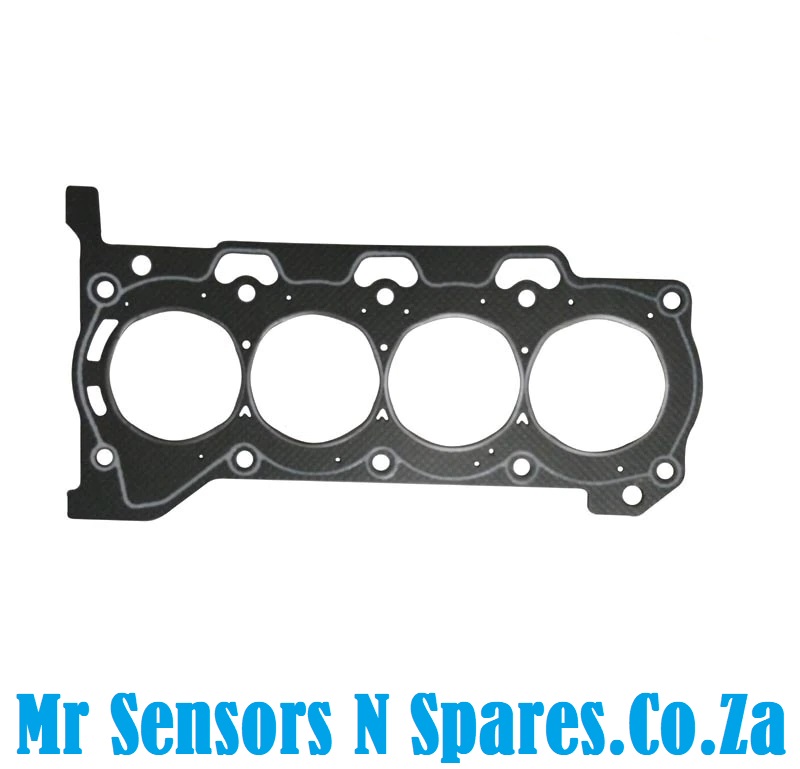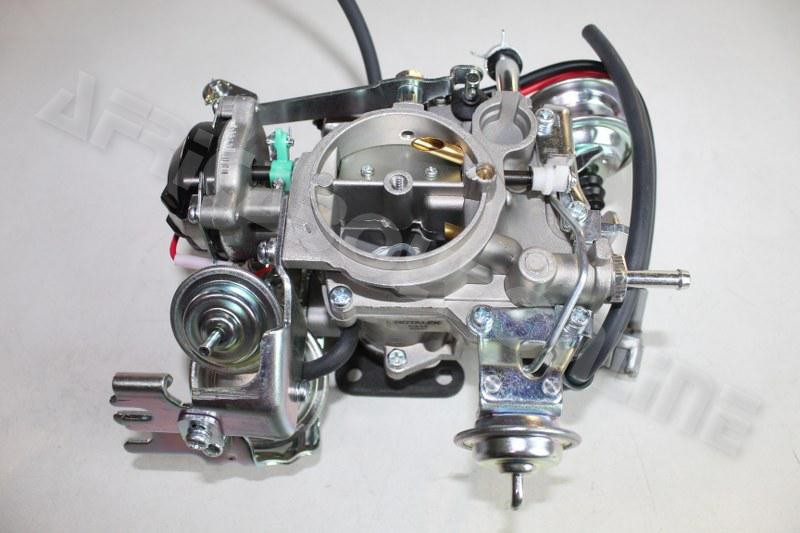Toyota Tazz: A Compact Car That Offers Big Value and Long-Term Durability
Toyota Tazz: A Compact Car That Offers Big Value and Long-Term Durability
Blog Article
Check Out the most up to date Trends in Engine Innovation With Tazz
In the swiftly evolving landscape of automobile innovation, Tazz stands at the center, highlighting substantial advancements in engine systems that focus on both technology and sustainability. tazz. From hybrid engines that maximize gas performance to the development of hydrogen gas cells, the fads forming modern powertrains are not only enhancing performance however additionally attending to important environmental challenges. As the sector remains to push limits, it is necessary to think about just how these growths will affect future transportation solutions and the wider ramifications for international energy consumption. What exists in advance in this pivotal transformation?
Crossbreed Engine Innovations
Hybrid engine advancements represent a critical shift in automobile technology, combining the advantages of inner burning engines with electric propulsion systems. This assimilation not only enhances fuel efficiency but additionally reduces discharges, meeting significantly stringent environmental laws. By making use of both power resources, hybrid engines can maximize performance, delivering power when needed while conserving gas during less demanding driving conditions.
Recent improvements in hybrid modern technology consist of enhancements in battery effectiveness and regenerative braking systems. These technologies permit better energy healing throughout slowdown, which can be rerouted to aid in acceleration or power auxiliary systems. Manufacturers are concentrating on small layouts and lightweight materials to take full advantage of the performance of hybrid powertrains.
The advancement of plug-in hybrids has actually likewise broadened the market, allowing chauffeurs to charge their vehicles making use of standard electric outlets. This feature frequently permits significant all-electric range, more decreasing dependence on conventional fuels. tazz. As the auto industry remains to advance, hybrid engine technologies are anticipated to play an essential function in bridging the space in between traditional cars and totally electrical models, supplying a transitional option that accommodates diverse customer needs and choices
Developments in Electric Powertrains
The auto landscape is rapidly progressing, with electrical powertrains becoming a leading force in lasting transportation. Advances in electrical car (EV) innovation are dramatically enhancing efficiency, user, and effectiveness experience. Secret developments include improvements in battery chemistry, which have actually increased energy density, minimized charging times, and extended overall battery life.
Solid-state batteries, for instance, promise to change the market by offering greater security and effectiveness compared to conventional lithium-ion cells. Improvements in regenerative stopping systems are enabling vehicles to recuperate energy during slowdown, adding to general efficiency.
Along with battery modern technology, electrical motor styles are coming to be a lot more advanced. Advancements such as integrated motors and advanced thermal monitoring systems are assisting to maximize power delivery and lower weight, ultimately boosting car dynamics.

Jointly, these breakthroughs emphasize the commitment to transition towards cleaner, extra reliable transport remedies, placing electrical powertrains at the leading edge of auto development.
The Surge of Hydrogen Gas Cells
Significantly, hydrogen gas cells are obtaining traction as a practical alternative to standard internal combustion engines and battery electrical lorries. This modern technology utilizes the chemical energy top article saved in hydrogen, converting it into electrical energy via an electrochemical reaction with oxygen. The main result of this procedure is water, making hydrogen fuel cells an eco-friendly alternative with absolutely no discharges at the tailpipe.

Automakers are increasingly purchasing hydrogen fuel cell modern technology, acknowledging its potential for long-range applications and rapid refueling capabilities that measure up to conventional fuels. Furthermore, markets such as heavy-duty transportation and public transit are specifically appropriate for hydrogen gas cells, where battery electric services may fail because of weight and variety limitations.
As research study and financial investment proceed to expand, hydrogen fuel cells are positioned to play a substantial role in the future landscape of tidy transport and power solutions.
Enhancements in Internal Combustion Engines
Innovations in interior combustion engine (ICE) modern technology go to my blog are changing traditional automobiles to meet modern ecological standards and efficiency expectations. Direct fuel shot, for circumstances, enables for better atomization of fuel, leading to even more full burning and enhanced power outcome.
In addition, turbocharging has acquired prestige, permitting smaller sized engines to provide higher performance without the weight of larger engines - tazz. This innovation not just improves efficiency yet likewise contributes to reduce gas intake. Variable shutoff timing systems are additionally being fine-tuned, making it possible for engines to adjust to various driving problems for boosted torque and responsiveness
Furthermore, using light-weight materials in engine construction is ending up being basic, additional enhancing fuel performance by reducing overall lorry weight. Engine control devices (ECUs) are significantly advanced, enabling real-time changes that optimize performance and exhausts.
These improvements collectively signify an essential shift in ICE innovation, aligning with global sustainability objectives while still supplying the efficiency chauffeurs expect from their cars. As the market advances, these renovations remain to form the future of standard automobile engineering.
Future Fads in Engine Performance
Significant improvements in engine performance are expected as producers focus on incorporating cutting-edge innovations to fulfill rigid ecological guidelines and customer demands. The change towards electrification, hybrid systems, and different gas is reshaping the auto landscape, driving developments that boost gas economy and minimize exhausts.
One of the vital trends is the application of innovative products and manufacturing techniques. High-strength alloys and lightweight composites contribute to lowered car weight, therefore boosting total efficiency. Additionally, the adoption of turbocharging and variable valve timing innovations permits boosted power result from smaller sized engines, additionally enhancing fuel economy.

Verdict
In conclusion, the exploration of engine Get More Information technology reveals significant innovations that focus on sustainability and effectiveness. Technologies in hybrid engine systems, electrical powertrains, and hydrogen fuel cells demonstrate a commitment to lowering discharges while boosting efficiency. Renovations in interior combustion engines and a focus on light-weight materials contribute to overall engine effectiveness. As the automobile industry remains to progress, these patterns will certainly play an important function in forming a cleaner and more lasting future for transport.
From crossbreed engines that maximize gas efficiency to the development of hydrogen fuel cells, the patterns shaping modern-day powertrains are not only enhancing efficiency but also attending to essential environmental obstacles.Hybrid engine innovations represent a crucial shift in vehicle technology, combining the benefits of internal combustion engines with electrical propulsion systems.In addition, turbocharging has actually obtained prominence, permitting smaller engines to deliver higher performance without the weight of larger engines. Additionally, the fostering of turbocharging and variable shutoff timing innovations permits for improved power output from smaller sized engines, further boosting gas economy.
Enhancements in internal burning engines and a focus on light-weight products add to general engine efficiency.
Report this page